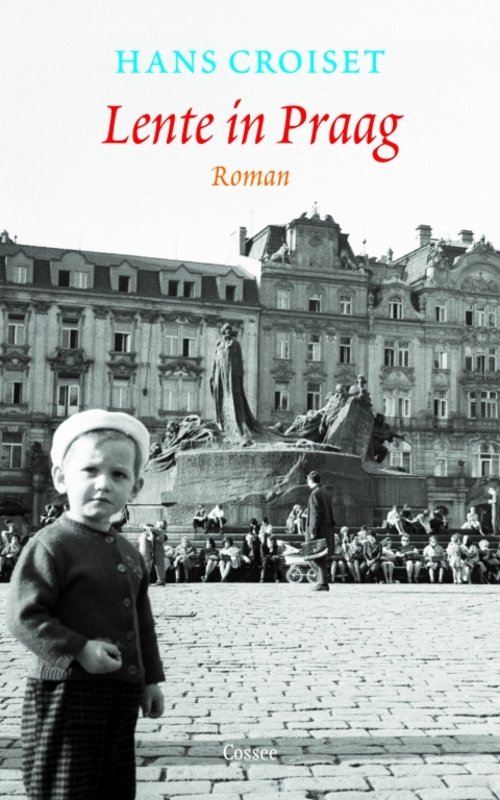
Prague, 1968. Hans Croiset glances on these turbulent times and tells the story of Wouter Sternheim, the student who wants to give something back to the stepfather who took care of him in his youth.
What happens with the young student Wouter, when he leaves home and then hears from his parents that he is not their son. Is his youth based on lies? Does the message change anything to their mutual love?
Looking for his real parents seems useless as they have probably gone up in smoke during the Second World War. Wouter's life is turned upside down and soon he drops out of college. He enters the world of theatre as an extra and he has a talent but little ambition. His relationships change with the seasons and he keeps looking for clues about his unknown past. In Prague he meets the love of his life and quickly learns her language. But he fails to realize he is getting close to the story of his lost past.
Wouter hears that his stepfather, who lost his own son during the War, has left hearth and home to start the hopeless quest to find his son. Wouter decides to visit him to save him from this madness. 'A father, even a stepfather who has planted your roots and has kept you alive, you don't abandon him, you don't leave him drifting...'
‘Croiset can write, this is evident. In a supple and beautifully constructed way he unravels the past of actor Wouter Sternheim.’ – Telegraaf ***
‘They way in which Hans Croiset keeps control of the poignant family history, the impossible love affair and the horrors of the war and combines them is very impressive. With precision he keeps his balance between the various story lines. The author remains in control when his characters lose it. And what did you expect? The man is a director. But the man is also a writer. A very qualified writer.’ – De Boekenkrant
‘What impresses me most about Spring in Prague is the absolute solitude of the victims of war. I hadn’t given this much thought until now. Hans Croiset describes this very impressive and colorful.’ – Libelle
‘Spring in Prague is a packed novel, written in a dry style which greatly benefits the historical elements of the book. But it are the little details that create all the tension.’ – Leeuwarder Courant
‘Qualifications as ‘gripping’ and ‘moving’ often come with a bad aftertaste. But Spring in Prague is all but soft. The dialogues are sharp, descriptions are accurate, Croiset is close to his characters and has attention for tiny details. But his style isn’t pathetic nor artificial. Spring in Prague is a layered and versatile novel. And a deep dramatic book that’s balancing on the edges of the Twentieth Century and ties personal fates to the major historical events.’ – Absint